The question was asked first on LinkedIn where other answers can be found. My answer was:
Excellent question.
This is clearly a serious situation for many people, especially for those who don't recognize it as a problem to begin with.
There are several avenues of approach to the answers.
First, let me say that the situation is not so much the result of a logical error in a classical sense. Rather, from an existential perspective, the situation most probably is one of self-deception and cowardice. (See Kierkegaard's Philosophy: Self Deception and Cowardice in the Present Age by John Mullen .)
It begins by too close an adherence to doubt as a method in learning knowledge, especially philosophies of life, in preference to the love of wisdom and faith. I point to Descartes for this process of dis-integration. (See The Unity of Philosophical Experience by Etienne Gilson and Socrates Meets Descartes: The Father of Philosophy Analyzes the Father of Modern Philosophy's Discourse on Method by Peter Kreeft.
When the emotional aspects of continuing Cartesian doubt over a life time, but especially during years of work life, are not recognized, unconscious existential despair seeps in.
To overcome doubt and despair in the pursuit of all-powerful work knowledge, personal power is resorted to and perception becomes everything. Involvement in Sunday rituals that no longer reveal meaning is part of the effort to save face in the community rather than one's soul in the face of God. Thus the person becomes more and more isolated from the spiritual community and more committed to interacting in the business world in a Machiavellian manner. (See Socrates Meets Machiavelli: The Father of Philosophy Cross-Examines the Author of The Prince by Peter Kreeft.)
Cartesian skepticism leads to Machiavellian cynicism and this toxic combination leads to various forms of effective atheism and nihilism. Here Sartre is the pied-piper. His argument essentially boils down to: "If God is dead, everything is permissable." The school of hard knocks may disabuse this gateway to rock-bottom solipsism, but clever people can avoid such a consequence by distraction and indifference, especially since secularism has become so dominant in the culture. (See Socrates Meets Sartre: The Father Of Philosophy Meets The Founder of Existentialism by Peter Kreeft.)
On the other hand, if this level of Sartrean nausea is hit, the depression may turn the person, or at least the onlookers, turtle. The obvious solution will raise up to push back at the nihilisitc hypothetical with another one equally available: If God is alive, instead of dead, not everything is permissable.
Once this clearly more true and more hopeful hypothetical is lived out and felt at the heart level, it will become apparent that it is not just power that makes right, not just conventions of law and ethics that demands observance, not just a duality of body and mind that must be accounted for, but the moral integration of mind, body, soul, and spirit in human beings that can only be fulfilled by a relationship with God on a regular basis. When the connection between the human being and God is re-activated, the moral schizophrenia will disipate, the frustration will subside, and the depression will let up. (See Christianity for Modern Pagans: Pascal's Pensees by Peter Kreeft.)
To accomplish this turnaround requires more though than a choice based on hypotheses, more than a judgment based upon agreed upon assumptions and evident facts, it will require decisions based on repeatable processes with accumulating results of insights into truth and understanding of oversights and fallacies. Such results are imminently practical and readily useful every day of the week no matter where the person is.
Thanks. John"
What do you think?
Please include your comment here or contact me to discuss.
Thanks.
John Darrouzet
for people who want to make better decisions
The Decision-Maker's Path (tm)...
Quick Overview
Blog Archive
-
▼
2008
(132)
-
▼
March
(81)
-
▼
Mar 02
(10)
- Would you give a special treatment to your staff w...
- What do you consider to be appropriate ways of res...
- WHY: Is Humility Really Powerful?
- What's your brand?
- Are you aware of nonviolent communication?
- How do you inspire passion and real loyalty in you...
- WHY: Do we have two faces?
- Refusing to dig deep?
- What is the secret to overcoming moral schizophrenia?
- Alphabetical List of Blogs
-
▼
Mar 02
(10)
-
▼
March
(81)
Discovering the centers ...

... of embedded insights
MOVIES FOR DECISION-MAKERS
Below are the cover images of movies for decision-makers, with clues to better decision-making.
Romero: the significant decision
"I know men and I tell you that Jesus Christ is no mere man. Between Him and every other person in the world there is no possible term of comparison. Alexander, Caesar, Charlemagne, and I have founded empires. But on what did we rest the creation of our genius? Upon force. Jesus Christ founded His empire upon love; and at this hour millions of men would die for Him."
--Napoleon
Decision-making: like climbing ...

a spiral staircase...one step at a time.
John Darrouzet
Special Counsel for Decision-Makers
Links
Followers
Subscribe To
********************* Advertising Disclaimer *********************
NOTE WELL:
Allowing the placement of the ads set out below should not be interpreted to constitute an endorsement or recommendation in any way by Special Counsel for Decision-Making or John Darrouzet of the content or programs referred to therein by the advertisers.
*****************************************************************************************************************************************
Allowing the placement of the ads set out below should not be interpreted to constitute an endorsement or recommendation in any way by Special Counsel for Decision-Making or John Darrouzet of the content or programs referred to therein by the advertisers.
*****************************************************************************************************************************************
*************************** Legal Notice **************************
Decision-Maker's Path (tm) trademark by, and blog content copyright © 2008, John Darrouzet. All rights reserved.
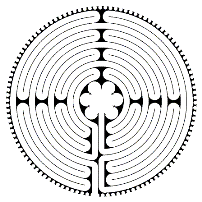






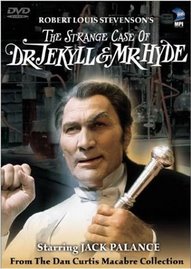





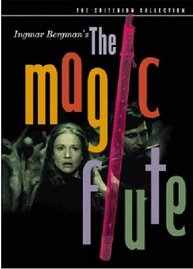

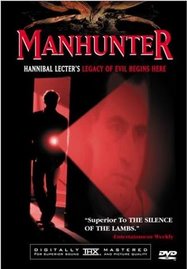



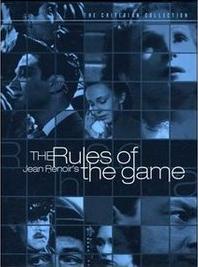

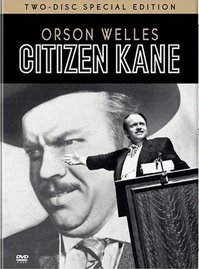















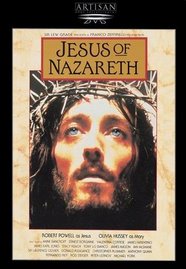











No comments:
Post a Comment